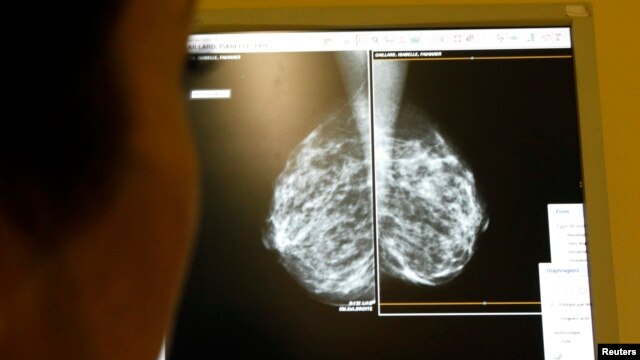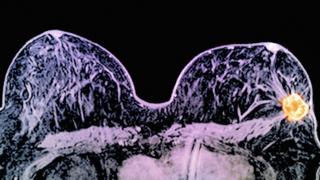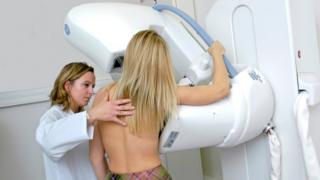- Sep 14, 2011
- 63,945
- 9,979
- 2,040
This OR flashmob for breast cancer patient and doctor will melt your heart
[ame=http://www.youtube.com/watch?feature=player_embedded&v=uPdheFjRm4E]Deb's OR Flash Mob - YouTube[/ame]
What grace and courage.
I hope she beats the disease.
[ame=http://www.youtube.com/watch?feature=player_embedded&v=uPdheFjRm4E]Deb's OR Flash Mob - YouTube[/ame]
Dancing isnt the first thing that comes to mind when people think of hospitals, even less when they think of surgery. But for one breast cancer patient, a flashmob was the logical option to celebrate life before she underwent surgery for a double mastectomy. Dr. Deborah Cohan is an OBGYN at San Francisco General Hospital and associate professor at University of California San Francisco. Her CaringBridge journal asked friends and family to compile videos of themselves dancing to Beyonces Get Me Bodied flash-mob style. On Tuesday, before her double mastectomy surgery, Deborah Cohan danced with the medical team in the OR at Mt Zion Hospital in San Francisco. As her CaringPost, er, post reads:
I will be dancing in my little hospital gown and bouffant cap in the Mt. Zion operating room with the surgical and anesthesia teams. My fantasy is for you to play the song and dance wherever you happen to be (in the kitchen, the carwash, subway platform [Dan!], classroom, Labor and Delivery unit, wherever!) ideally at 7:30am but really anytime Tuesday.
Read more: This OR flashmob for breast cancer patient and doctor will melt your heart
What grace and courage.
I hope she beats the disease.




